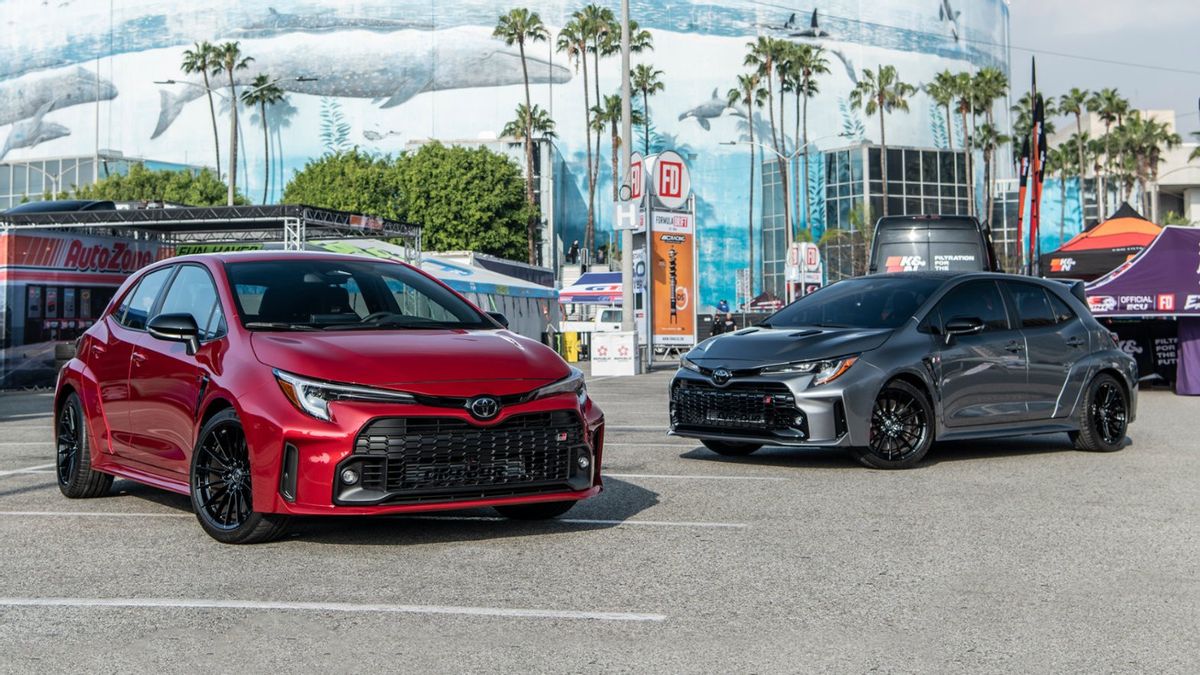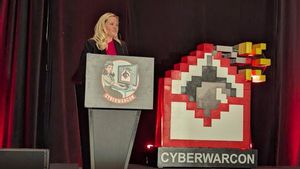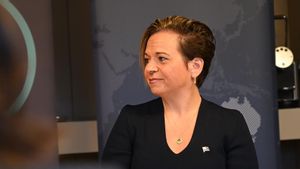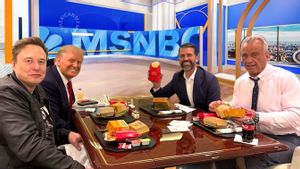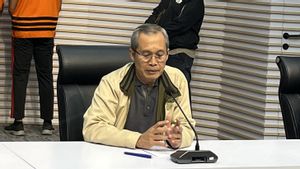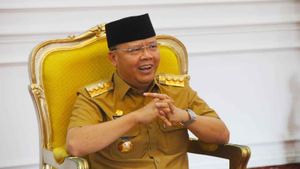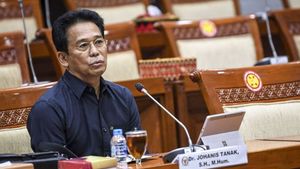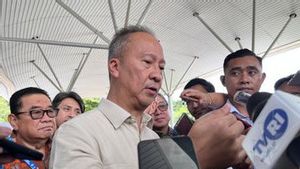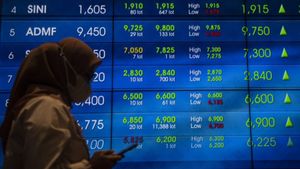JAKARTA - Toyota Motor Corp. rejects criticism that their decision to adopt battery electric vehicles (BEV) has been slow. They reasoned that they needed to offer a wide selection of cars to suit different markets and customers.
At its annual general meeting on Wednesday, June 15, the world's largest automaker by sales said that it would stick with existing technologies, including the fuel cell and hybrid vehicles that have over the past two decades made them the world's leader in auto sales.
Despite concerns about its electrification strategy, Toyota executives are addressing a range of questions from the CEO's succession plans to the ongoing chip shortage.
Once a favorite with environmentalists for its popular Prius hybrid model, Toyota has come under fire for not phased out on gasoline-powered cars. On the other hand, Toyota is accused of conducting intensive lobbying on world climate change policies.
"The goal is carbon neutrality," Toyota Chief Technology Officer Masahiko Maeda said at the meeting. He was responding to a question raised by Danish pension fund AkademikerPension, which also called on Toyota to refrain from lobbying to undermine the transition of internal combustion cars to BEVs.
"However, customers have to choose," said Maeda, to popularize electric cars that include plug-in hybrids. According to him, a wide range of options should be available and automakers should not narrow them down.
"Toyota is using the pretext of customer choice to avoid answering questions about lobbying activity ... to slow the transition to fossil fuel-free cars," AkademikerPension said in a statement following the AGM.
"As investors, we expect much more in 2022 against the backdrop of the climate crisis that threatens to limit more of our customers' choices in the not too distant future."
Toyota argues that hybrid cars still make sense in today's market, where electric car infrastructure is deemed not ready to support a faster move to BEVs. They also said they were exploring the feasibility of green fuels for cars with internal combustion engines, including hydrogen.
"There is a gap between Toyota, which is approaching decarbonization in a "pragmatic" way, and environmental groups calling for immediate action," said Seiji Sugiura, senior analyst at the Tokai Tokyo Research Institute.
Under the same conditions, according to him, Toyota has been working to cut greenhouse gas emissions from the vehicle production stage.
Toyota last year committed to spending 8 trillion yen (Rp 866 trillion) by 2030 to electrify its cars. Half of it is used for the development of fully electric vehicles. However, they expect the car's annual sales to reach only 3.5 million vehicles by the end of the decade, or about a third of current sales.
Just last month, Toyota unveiled the country's first mass-produced electric vehicle, albeit for rental only. They say the hybrid, gasoline-electric, model remains much more popular in Japan.
Next CEO
Asked about succession planning, Chief Executive Officer Akio Toyoda, who has led the company for 13 years, said he was "thinking about timing and choosing a successor." But until now there has been no indication that Toyoda plans to step down.
Toyoda, 66, grandson of company founder Kiichiro Toyoda, steered the company through a dark phase when Toyota's sales slumped after a recall of millions of vehicles and the company reported billions of dollars in losses.
"I will choose someone who understands the company philosophy as my successor," he added.
Toyoda has sought to reform Toyota's corporate culture, spending more time with young executives and reducing some senior positions.
In 2020, he appointed company veterans Maeda and Kenta Kon to the top spot. Both were 51 at the time, a relatively young age for a top Toyota executive.
Toyota, which will sell 10.5 million vehicles in 2021, far outpacing nearest rival Volkswagen AG, has repeatedly cut production this year due to the disruption of the global chip crisis.
"The company expects the chip shortage to continue, despite signs of improvement," said the head of its buying group, Kazunari Kumakura, on Wednesday, June 15.
The English, Chinese, Japanese, Arabic, and French versions are automatically generated by the AI. So there may still be inaccuracies in translating, please always see Indonesian as our main language. (system supported by DigitalSiber.id)
